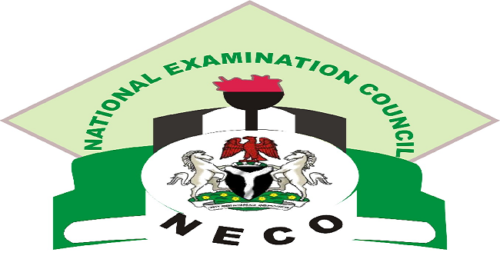Government Keypoints: The Civil Service; The civil service plays a crucial role in the functioning of governments worldwide. It serves as the administrative backbone, executing policies, and delivering public services.
Study more government keypoints here
Understanding its definition, characteristics, functions, structure, controls, and challenges offers insights into its significance in governance.
Definition of the Civil Service:
The civil service refers to the body of employees within the government administration, primarily engaged in executing government policies, implementing programs, and delivering public services. These individuals are typically non-elected officials hired based on merit, experience, and expertise to perform various administrative and managerial roles.
Characteristics of the Civil Service:
- Merit-based Recruitment: Entry into the civil service is often through competitive exams or qualifications, emphasizing meritocracy over political affiliations.
- Permanent Employment: Civil servants usually enjoy job security, and their tenure is not dependent on political changes but rather on performance and conduct.
- Hierarchical Structure: It follows a hierarchical structure, with various levels of authority and responsibilities.
- Neutral and Impartial: Civil servants are expected to remain neutral, serving the government of the day without bias towards any political party or interest group.
- Professionalism: They possess specialized skills and expertise relevant to their areas of work.
Functions of the Civil Service:
- Policy Formulation and Implementation: Civil servants assist in formulating policies and ensure their effective implementation.
- Service Delivery: They deliver essential services to the public, such as healthcare, education, social welfare, and infrastructure development.
- Administrative Support: They provide administrative support to government ministers and agencies.
Structure of the Civil Service:
The civil service typically consists of various departments, ministries, agencies, and commissions, each with its own specific functions and responsibilities. These are organized hierarchically, with a clear chain of command.
Control of the Civil Service:
- Legislative Oversight: Parliamentary committees and legislative bodies oversee the civil service’s activities, ensuring accountability and transparency.
- Internal Controls: Mechanisms within the civil service monitor performance, conduct, and adherence to regulations and policies.
Problems Facing the Civil Service:
- Political Interference: Sometimes, civil servants face pressure to favor political interests, compromising their impartiality.
- Bureaucratic Red Tape: Excessive bureaucracy and rigid procedures may hinder efficiency and prompt decision-making.
- Corruption: Instances of corruption within the civil service can erode public trust and hinder effective service delivery.
Significance of Civil Service in Governance:
The civil service acts as a bridge between the government and the public, ensuring the smooth execution of policies and programs. Its significance lies in:
- Policy Implementation: It translates government policies into actionable plans for the benefit of the public.
- Service Delivery: Civil servants ensure the effective delivery of essential services and programs to citizens.
- Continuity and Stability: Its permanent nature allows for continuity in governance, regardless of political changes.
- Expertise and Professionalism: Civil servants contribute their expertise, ensuring informed decision-making and efficient governance.
In conclusion, the civil service is the backbone of government operations, vital for policy implementation, service delivery, and the overall functioning of a state. Its role in governance cannot be overstated, as it upholds efficiency, professionalism, and the execution of public policies.












